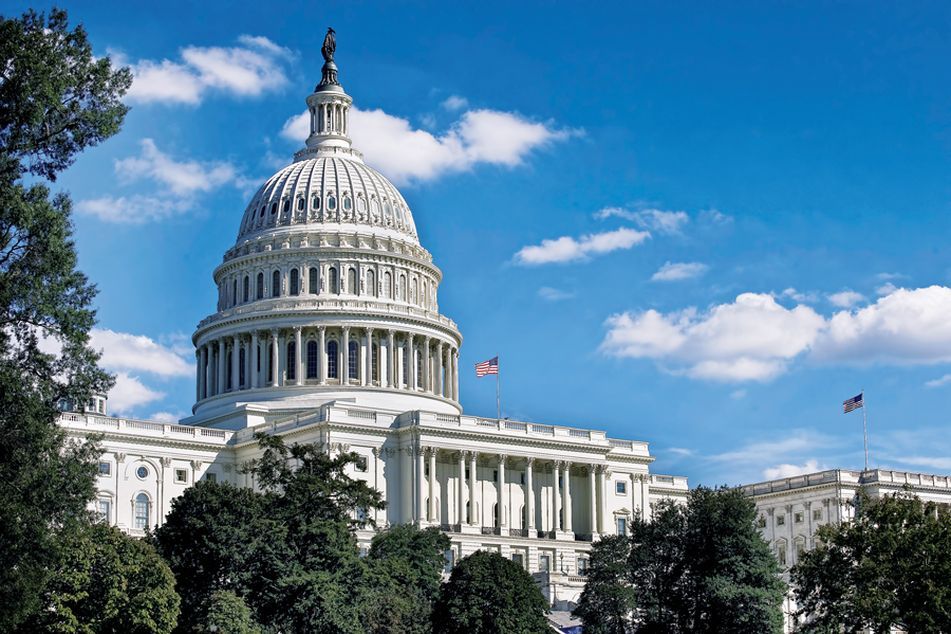House bill seeks to open 403(b) plans to CITs

CITs, which are bank products, have been gaining market share in 401(k)s for years, but they are not expressly permitted in 403(b) plans.
A member of Congress is renewing a push to open 403(b) plans to the kind of institutional investments that have taken hold in the 401(k) world.
Last Wednesday, Rep. Jimmy Panetta, D-Calif., reintroduced a bill that would make collective investment trusts legal within 403(b)s, the defined-contribution plans commonly used by nonprofits, schools and churches.
CITs, which are bank products, have been gaining market share in 401(k)s for years. As of 2016, they represented 28% of plan assets, although they accounted for at least 43% of money in plans with at least $1 billion, data from the Investment Company Institute and BrightScope show.
CITs are not funds and do not have the same reporting requirements, although many investment providers have adapted the products to make them feel like mutual funds by adding prospectus-like documents and disclosing holdings and prices more frequently.
Although mutual funds are available in low-cost institutional share classes, CITs usually have a slight pricing advantage as a result of their lower distribution and marketing costs.
For example, actively managed CITs have net fees of 37 basis points on an asset-weighted basis, compared to 65 bps for mutual funds with identical investment strategies, according to data from Morningstar. For passive CITs, that figure is 5 bps for CITs and about 8 bps for mutual funds.
The text of Panetta’s new bill was not posted to Congress’s website as of Monday. But the version introduced over a year ago would revise the Internal Revenue Code, the Investment Company of 1940 Act and the Securities Act of 1933 to allow 403(b)s to use CITs. Under current law, most 403(b) plans do not have that option, and plan sponsors have had to seek permission individually from the IRS to do so.
Last year, the bill died in committee. Observers have said the idea is unlikely to succeed on its own but could be passed as part of a larger tax or retirement package.
Standardizing the terms used in ESG investing
Learn more about reprints and licensing for this article.








